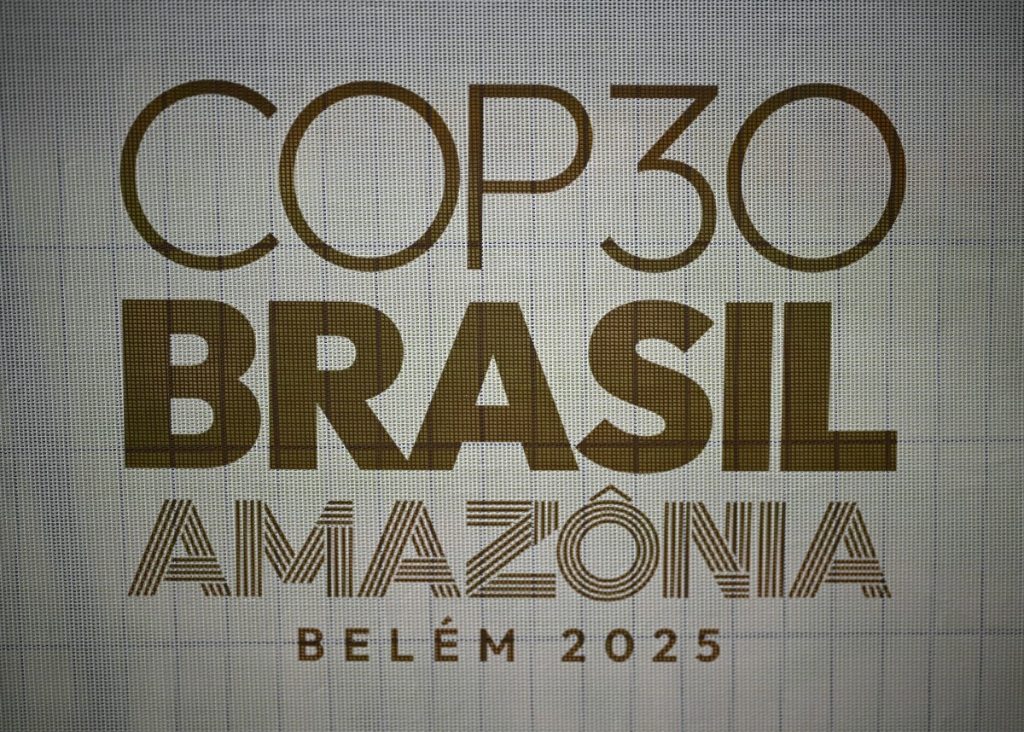Auto Added by WPeMatico

ISTANBUL — The UN COP30 climate change summit, set for Nov 10–21 in Brazil, will focus on turning previous pledges into concrete action and boosting financial support for vulnerable countries, as geopolitical strains and trade disputes continue to test global cooperation to fight the climate crisis, Anadolu Ajansi reported.
Hosted for the first time in the Amazon Basin, the conference is expected to draw nearly 50,000 participants to Belem, a city of 1.4 million facing significant logistical pressure ahead of the gathering.
To ease that strain, Brazil will hold the leaders’ segment — the Belem Climate Summit — on Thursday and Friday, several days before formal COP negotiations begin. Leaders typically attend the start of COP talks, making the shift a break from previous years.
Despite its importance, fewer than 60 heads of state have confirmed attendance, compared with 80 at COP29 in Baku, Azerbaijan, and 165 at the 2023 summit in Dubai, the United Arab Emirates.
Officials and analysts say the weaker turnout risks slowing political momentum at a time when global emissions continue to rise and major economies are prioritising energy security and domestic challenges.
The United States (US) — one of the world’s largest emitters — is not expected to send a senior delegation. The limited presence is linked to President Donald Trump’s earlier withdrawal of the country from the Paris Agreement and continued policies supportive of fossil fuels. Trump has repeatedly denied the existence of climate change, calling it a “Chinese hoax”.
Observers say the limited presence creates space for China and other emerging economies to assert greater leadership in renewable energy and low-carbon development.
Marking the 10th anniversary of the Paris Agreement, COP30 will serve as a key checkpoint on limiting global warming to 1.5C (2.7F).
The World Meteorological Organisation says the past decade has been the warmest on record and warns the 1.5C threshold is increasingly at risk.
Countries must update their nationally determined contributions this year to set emissions targets for 2035. The UN Environment Programme’s latest Emissions Gap Report shows current pledges remain insufficient to keep 1.5C within reach.
Climate finance is expected to be one of the most contentious issues. Developing nations, responsible for a small share of historical emissions yet facing severe climate impacts, are demanding fair and predictable financial support.
At last year’s COP29, developed countries pledged US$300 billion annually by 2035, a figure far below what is considered necessary. COP30 will revisit how the financing burden should be shared and which sources should be mobilised.
Negotiators will also discuss how to operationalise funds for loss and damage linked to climate impacts, as well as the widening gap in adaptation financing. Decisions are expected to accelerate low-carbon development in vulnerable nations and support the achievement of Paris goals.
At COP28, countries agreed to triple renewable-energy capacity and double energy-efficiency gains by 2030, and to work towards net-zero emissions by 2050 while transitioning away from fossil fuels. Implementation plans for those goals remain limited.
Azerbaijan framed COP29 as the “finance COP”, while Brazil is branding COP30 the “implementation COP”, aiming to move beyond pledges toward detailed pathways and scaled-up initiatives.
Belem, known as the gateway to the Amazon, will host the first-ever UN climate summit held in the world’s largest rainforest region. Deforestation and biodiversity loss are expected to feature heavily in negotiations.
At COP26 in Glasgow, Scotland, many countries committed to ending deforestation by 2030, but progress has been slow. COP30 is expected to push for concrete action to protect critical carbon sinks, particularly the Amazon rainforest. — BERNAMA-ANADOLU
RELATED ARTICLES
The post UN climate conference in Brazil to focus on implementation amid low leader turnout appeared first on The Malaysian Reserve.
